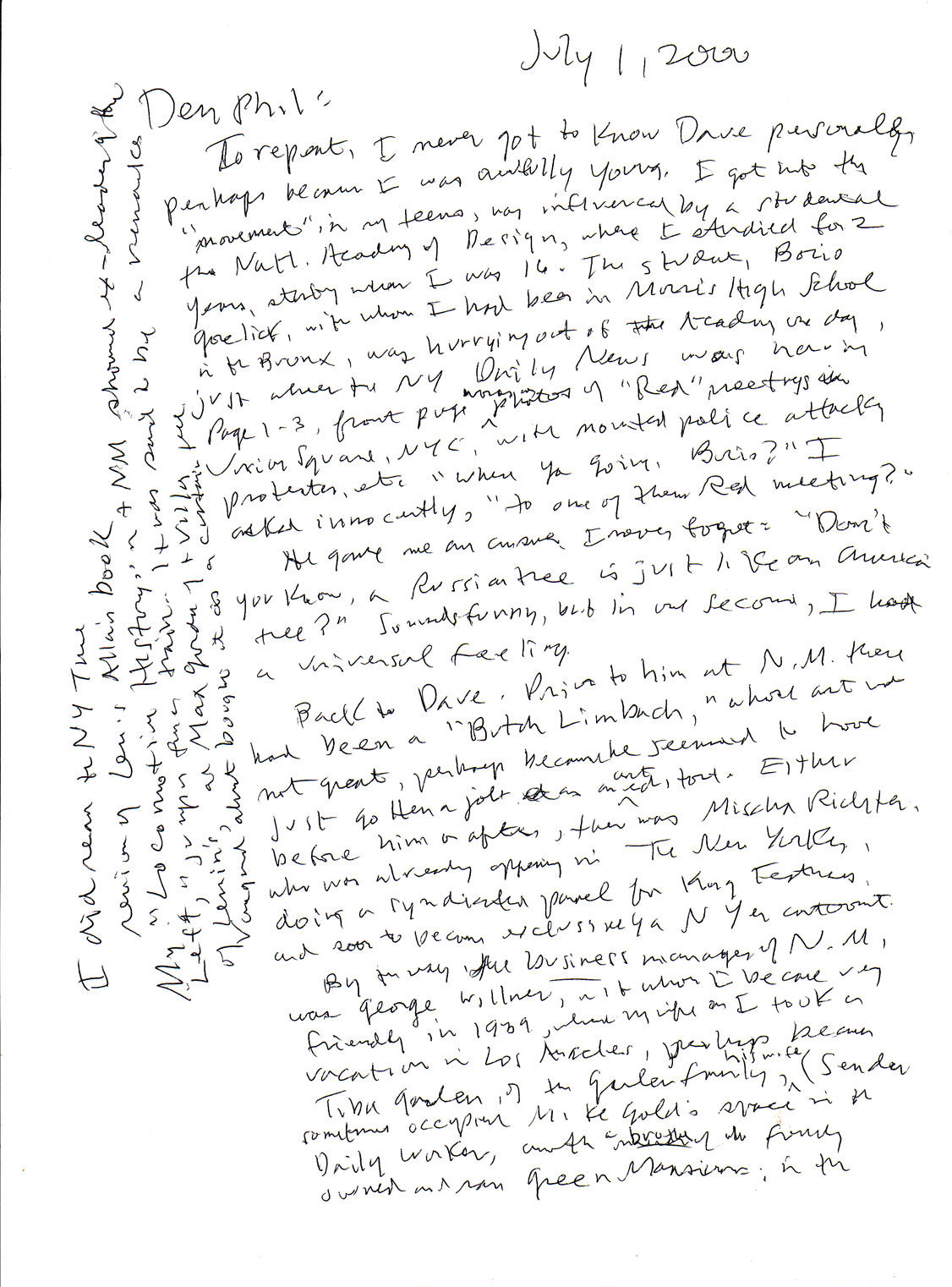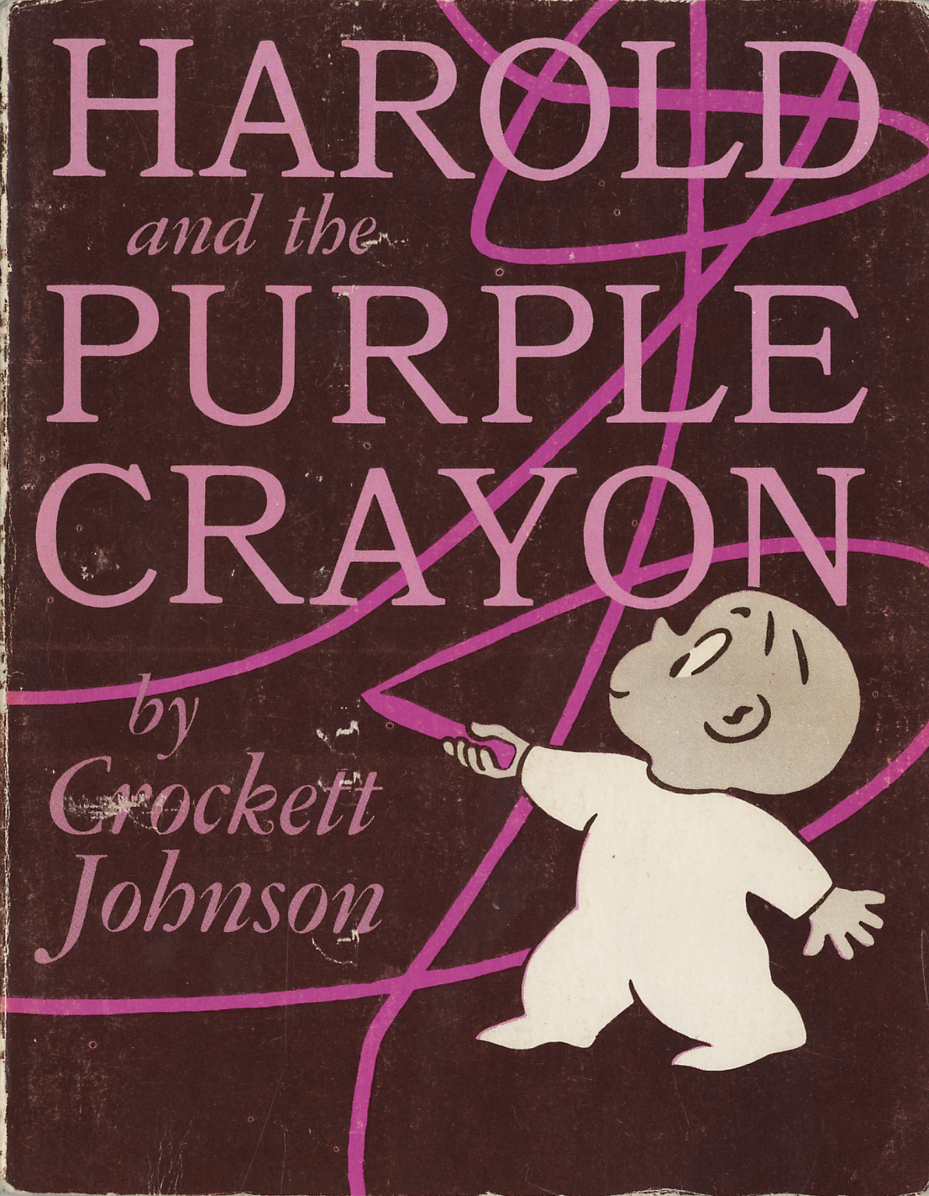Dr. Seuss: children’s books “have a greater potential for good or evil, than any other form of literature on earth.”
Noting the rise in “adult” authors writing for children, Dr. Seuss in November 1960 published an article in which he argued that children’s books were more important than other types of books – because children’s books had the potential to be more influential than all other books. I’m reproducing it below exactly as it appeared


